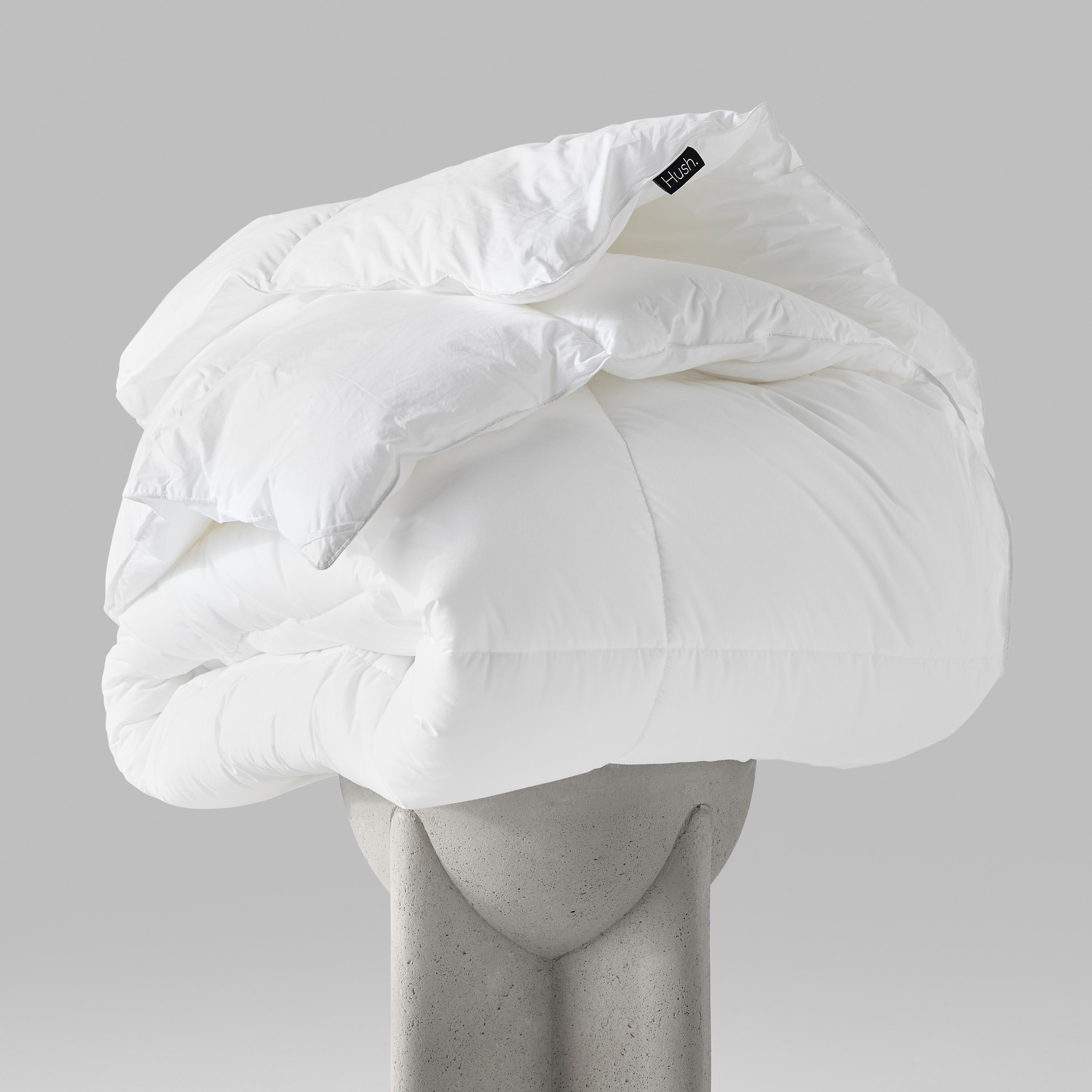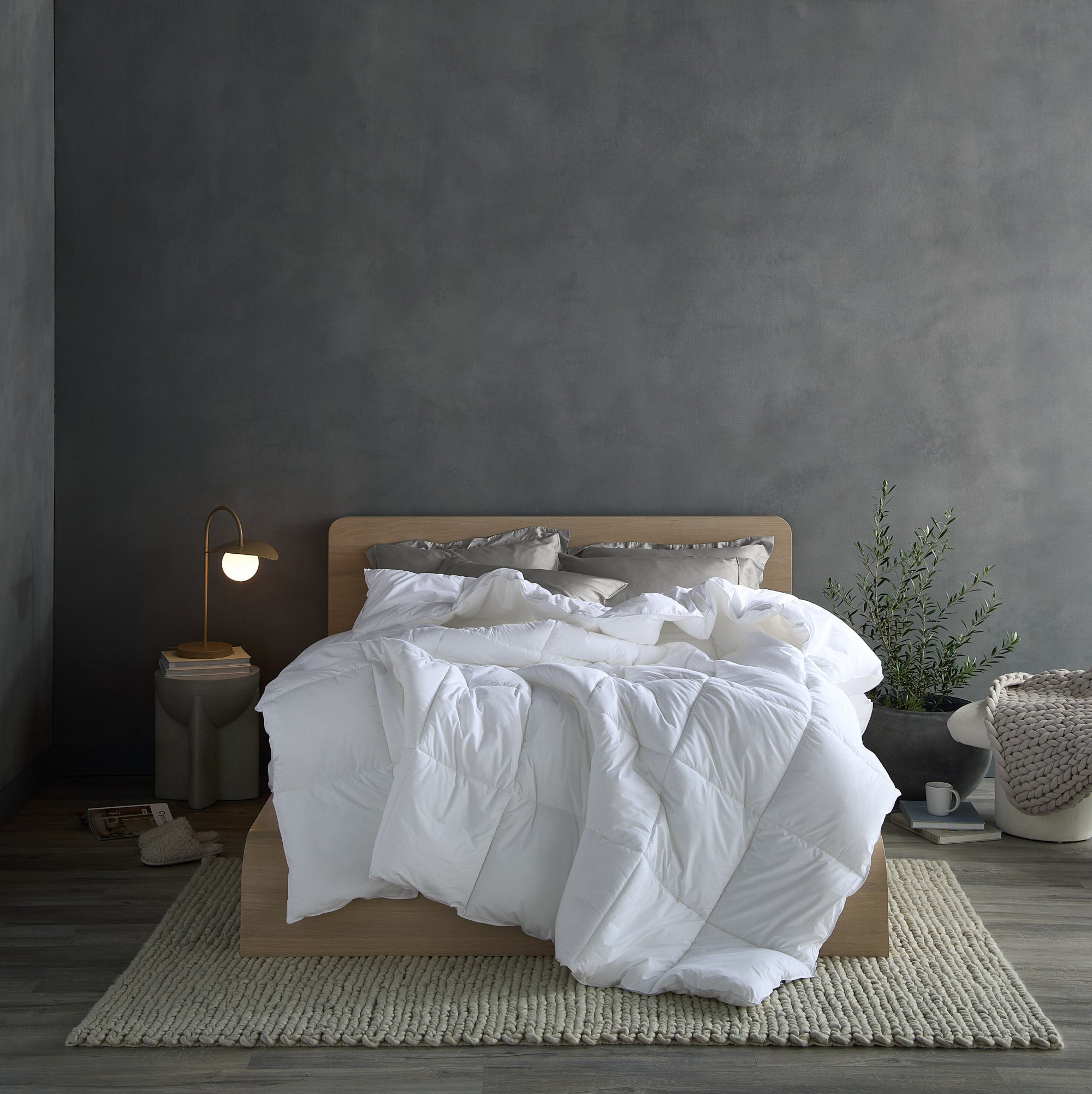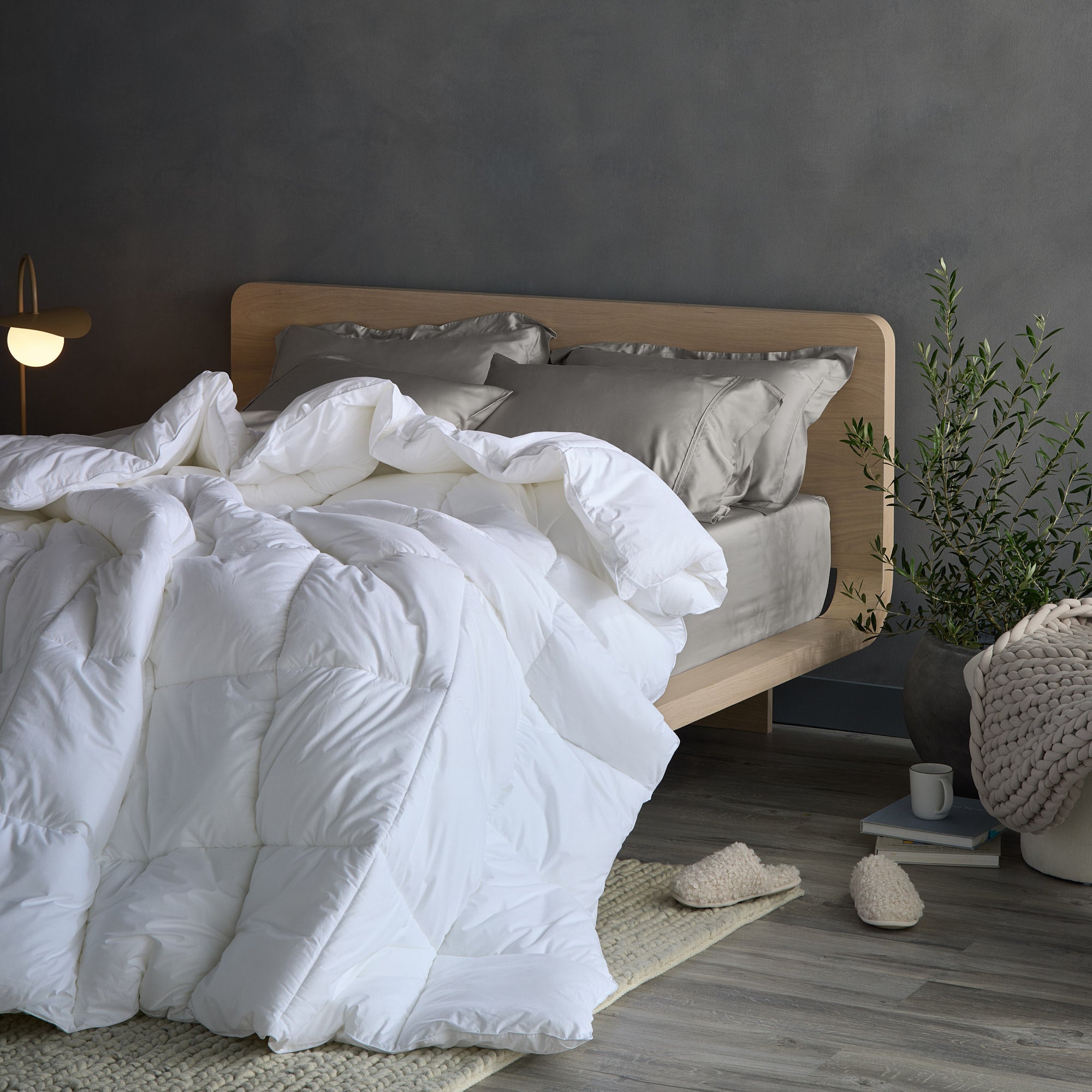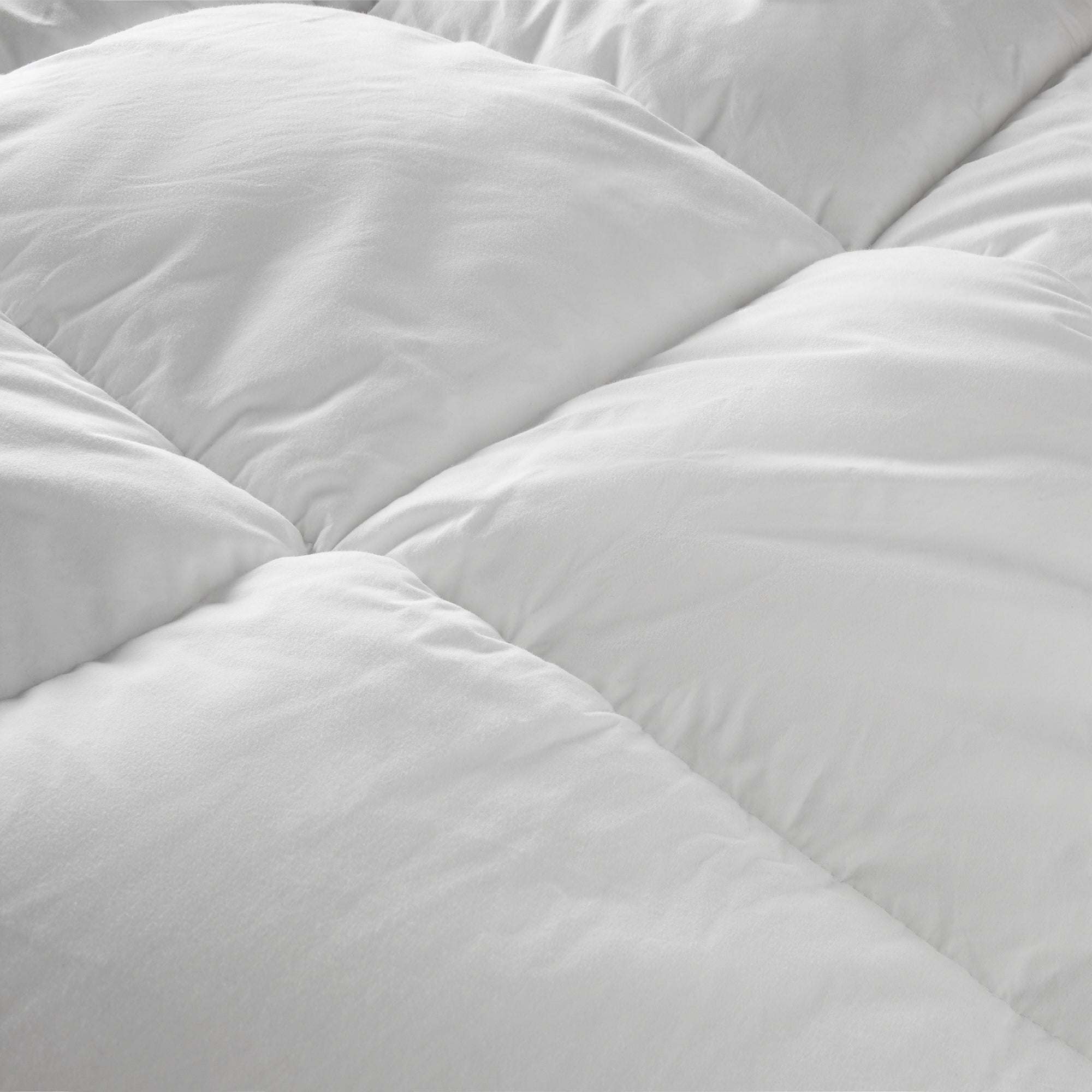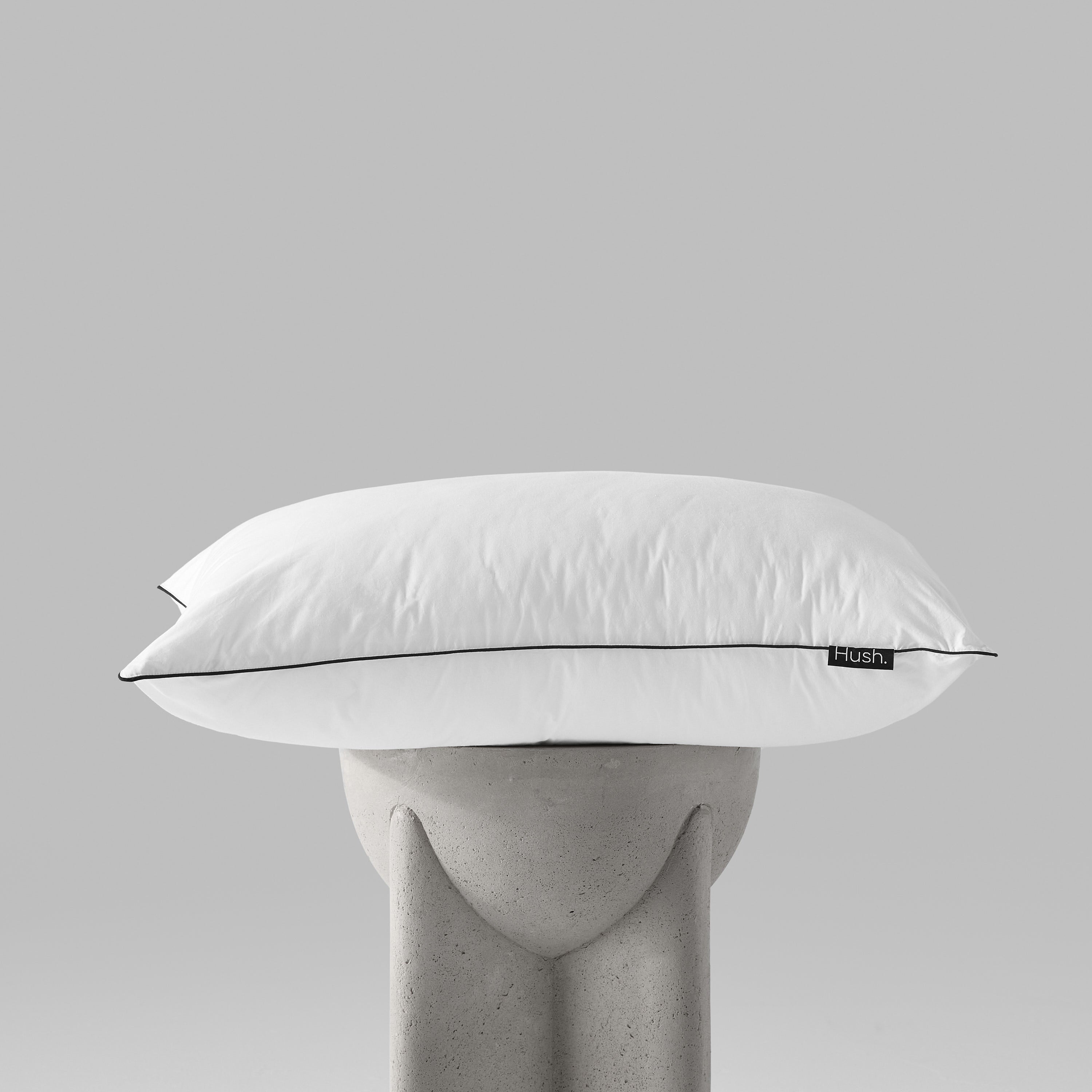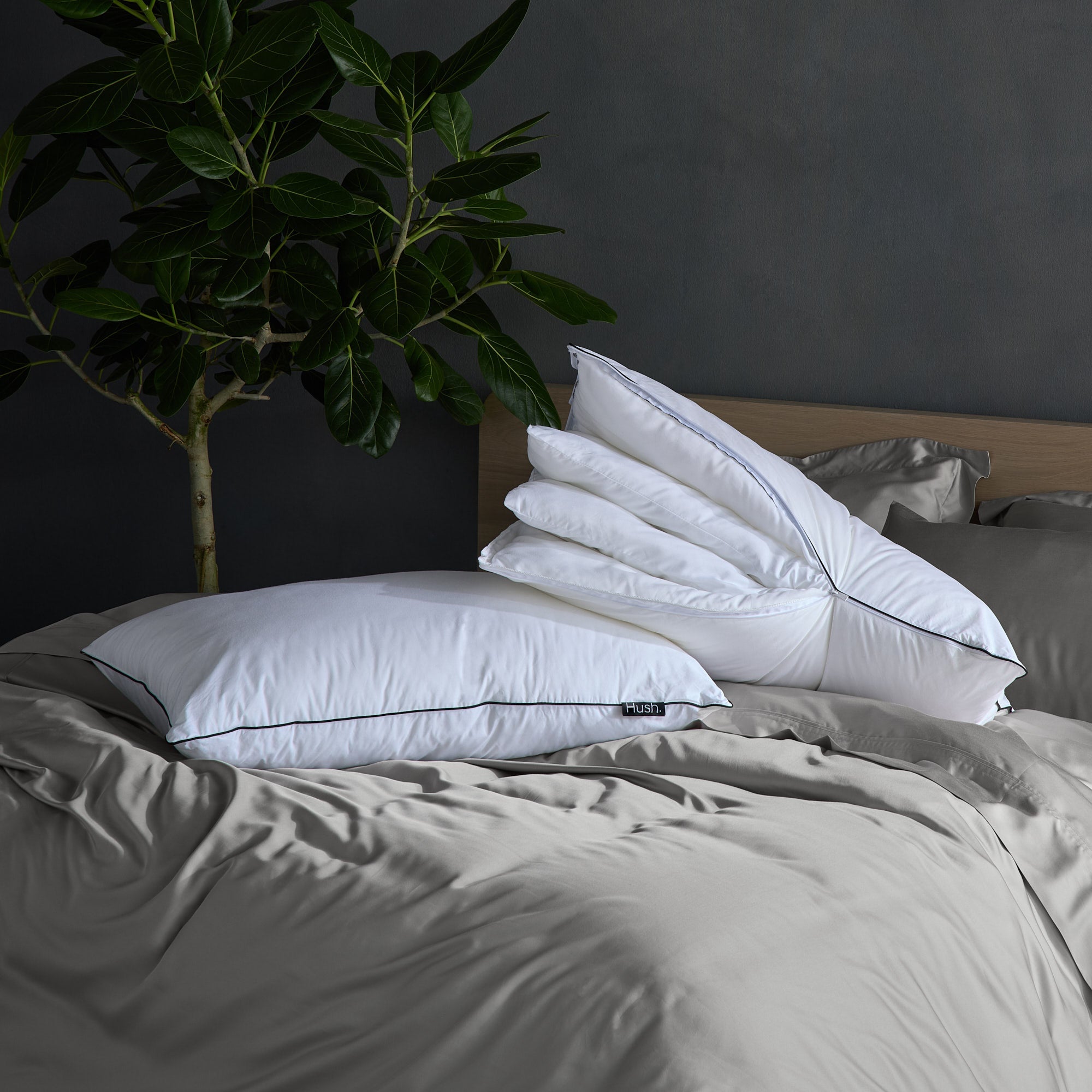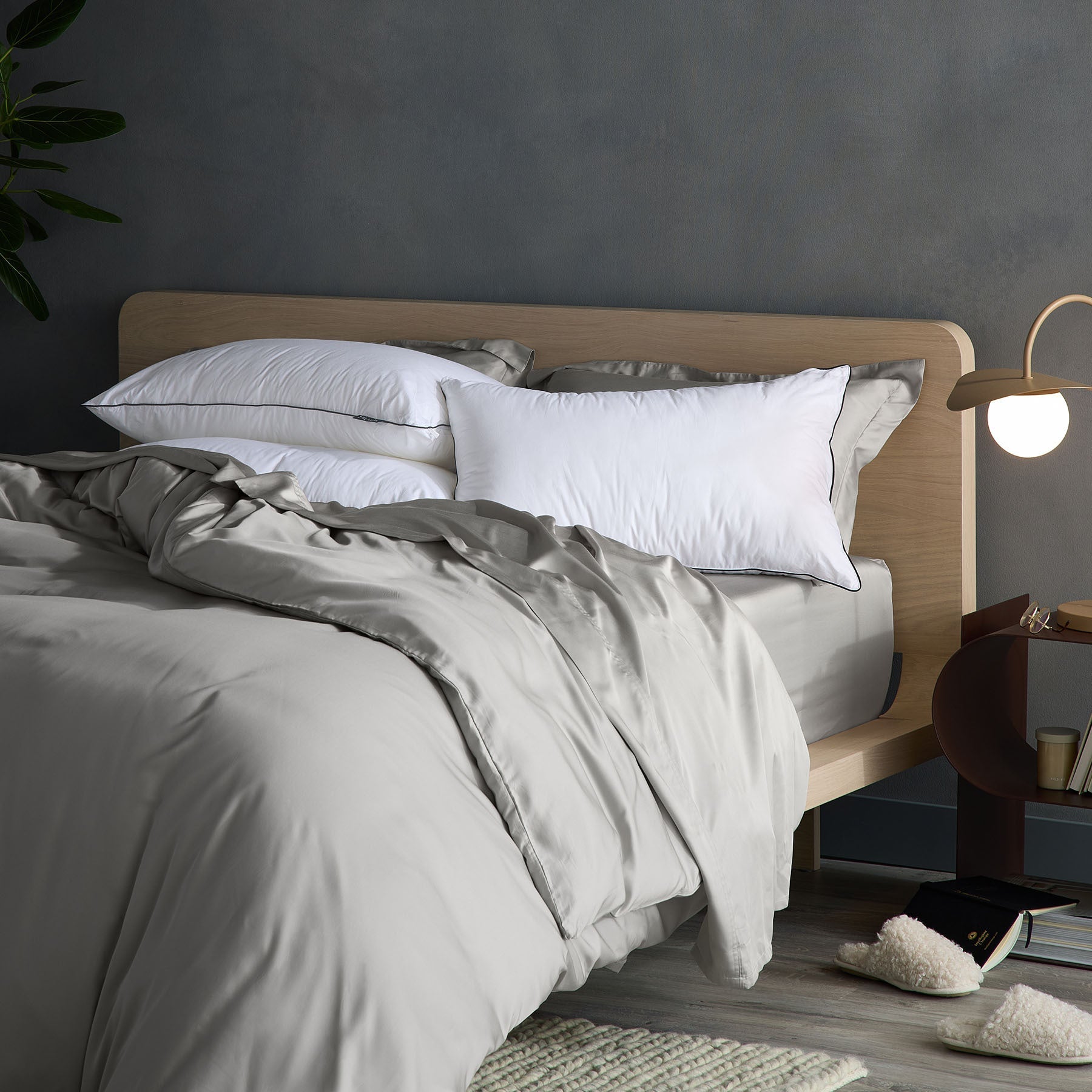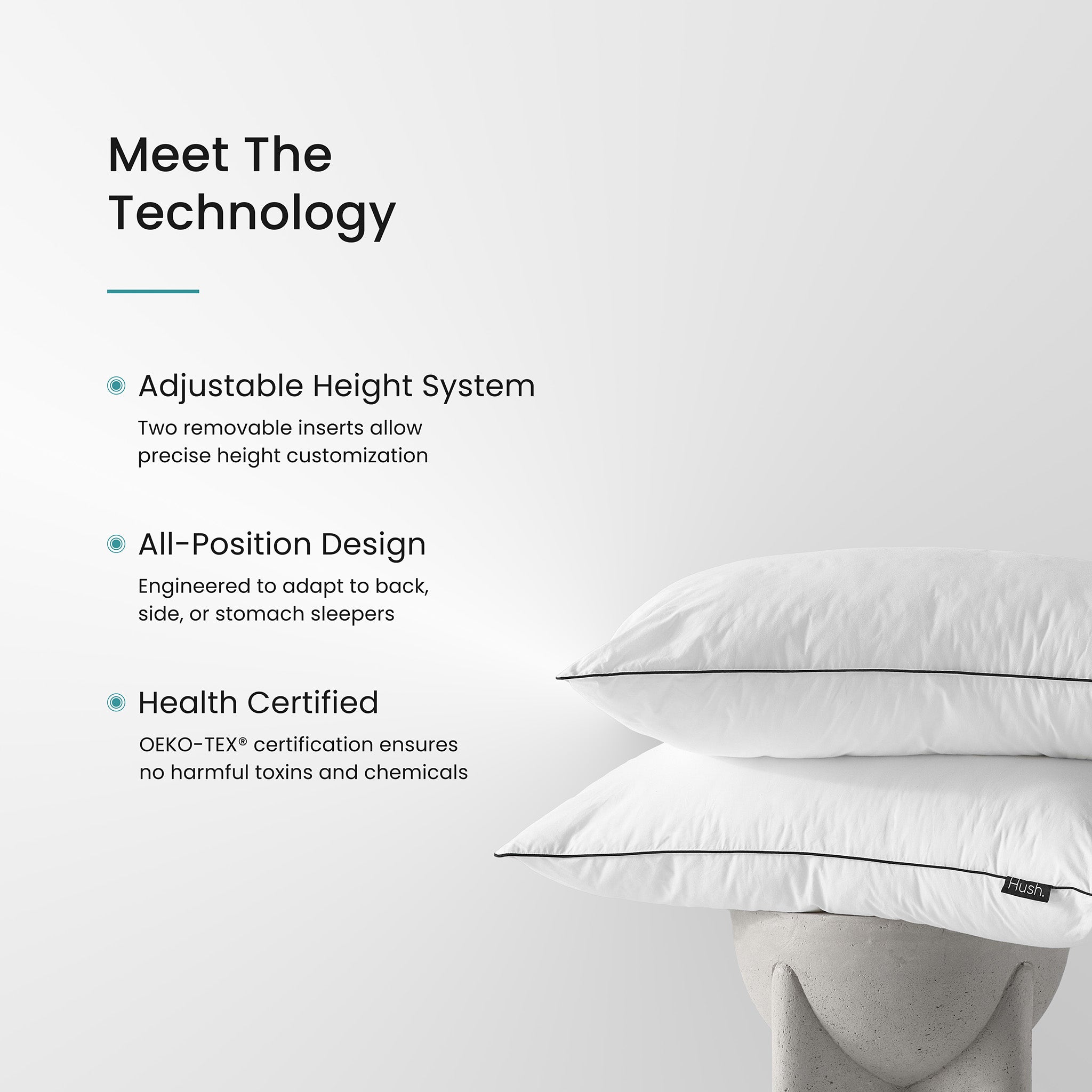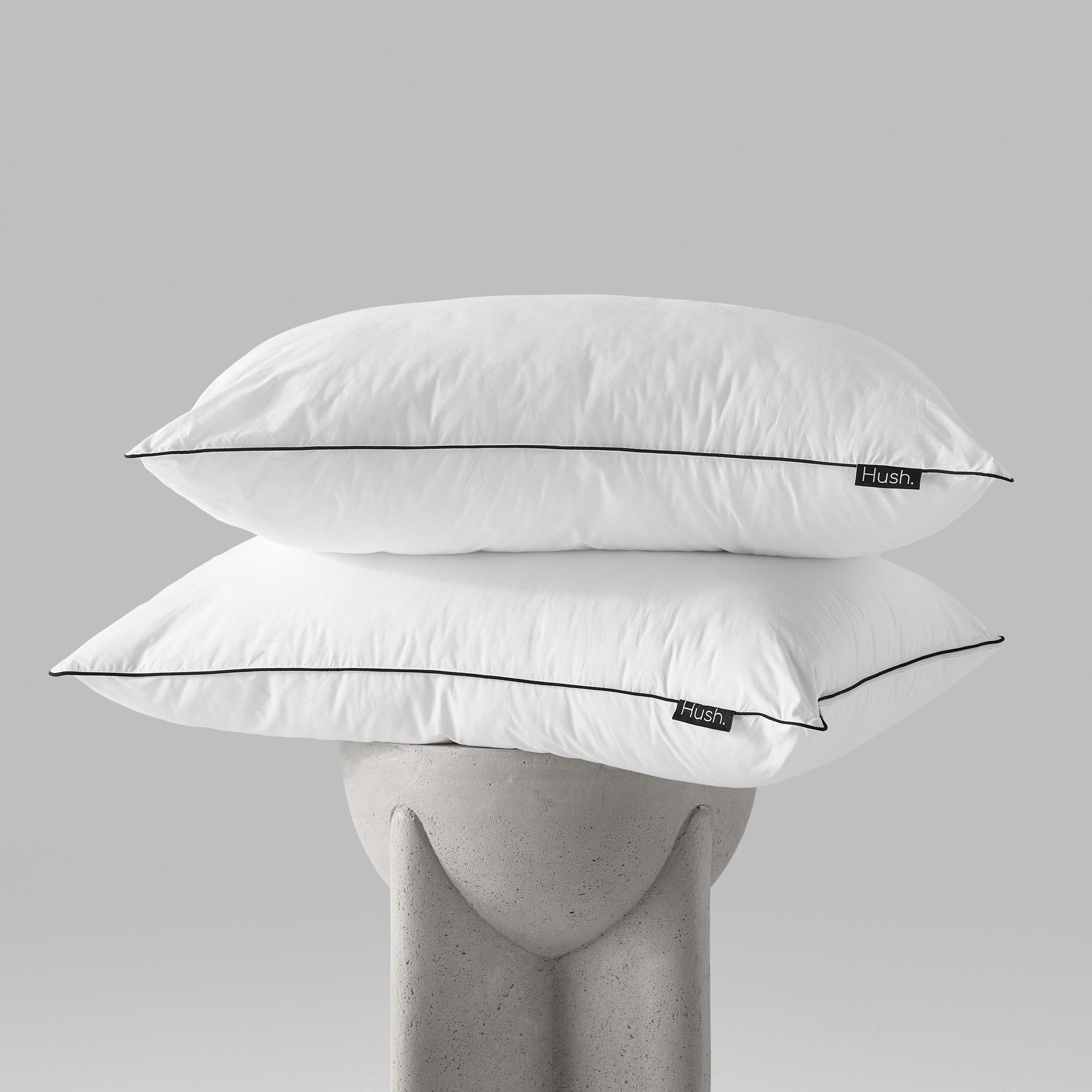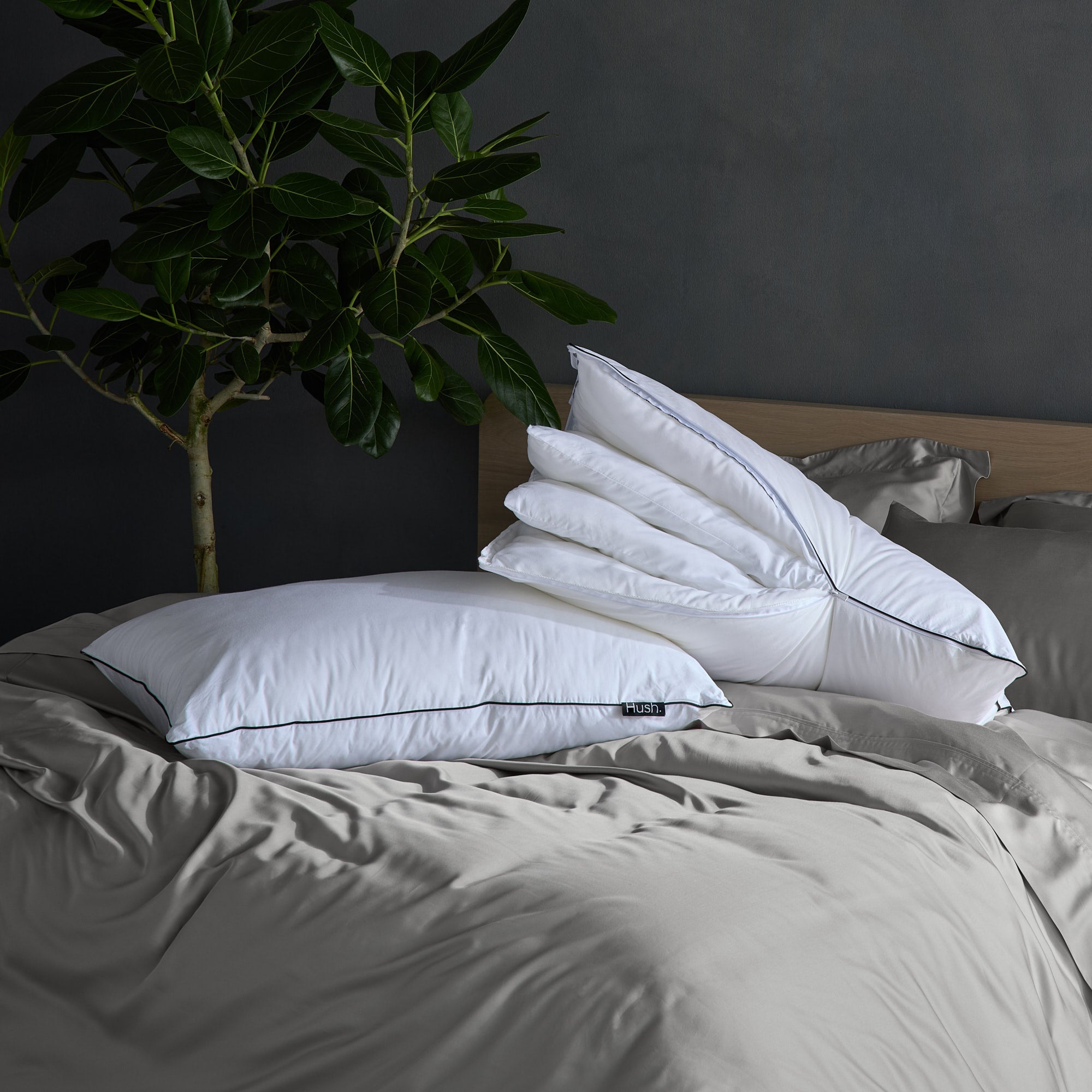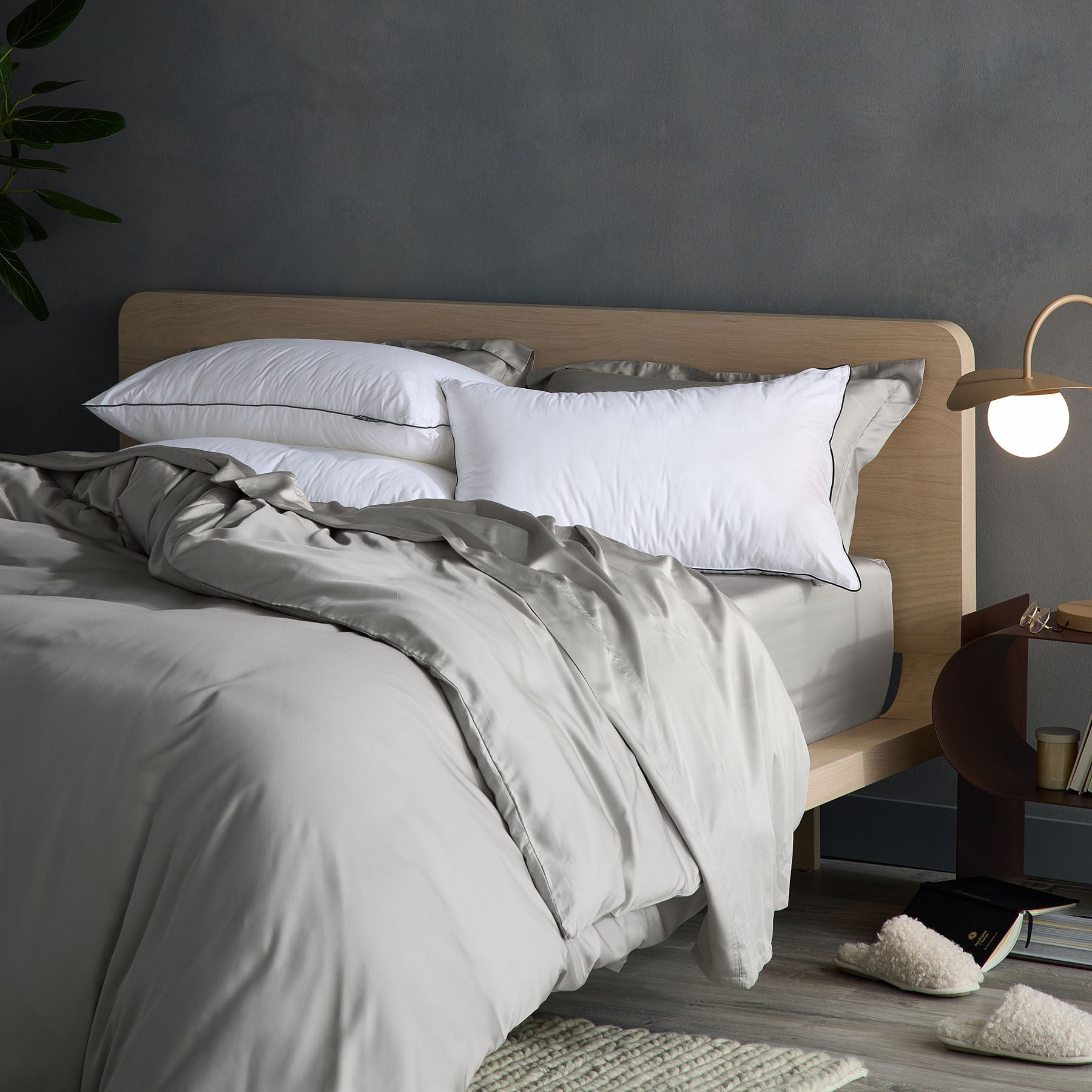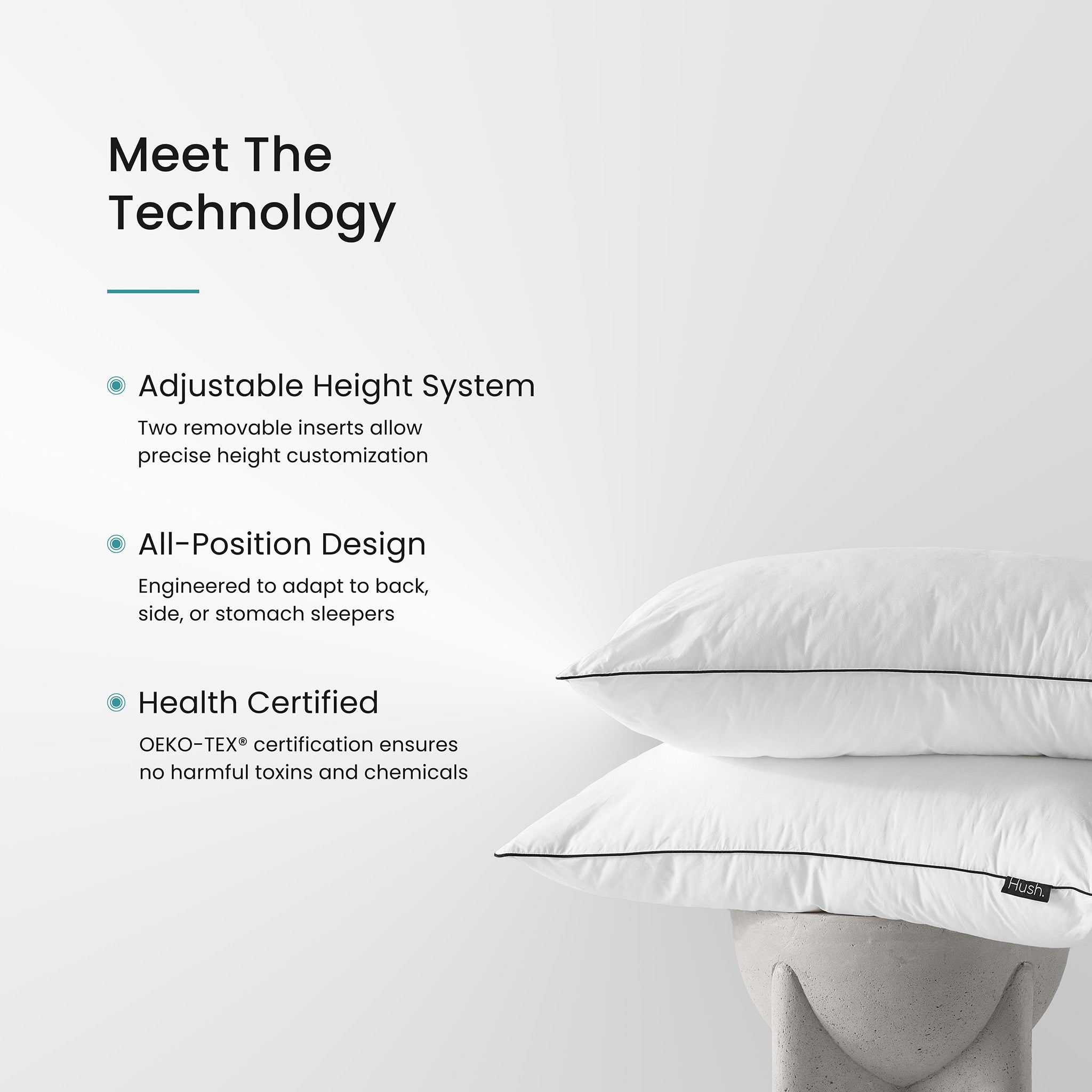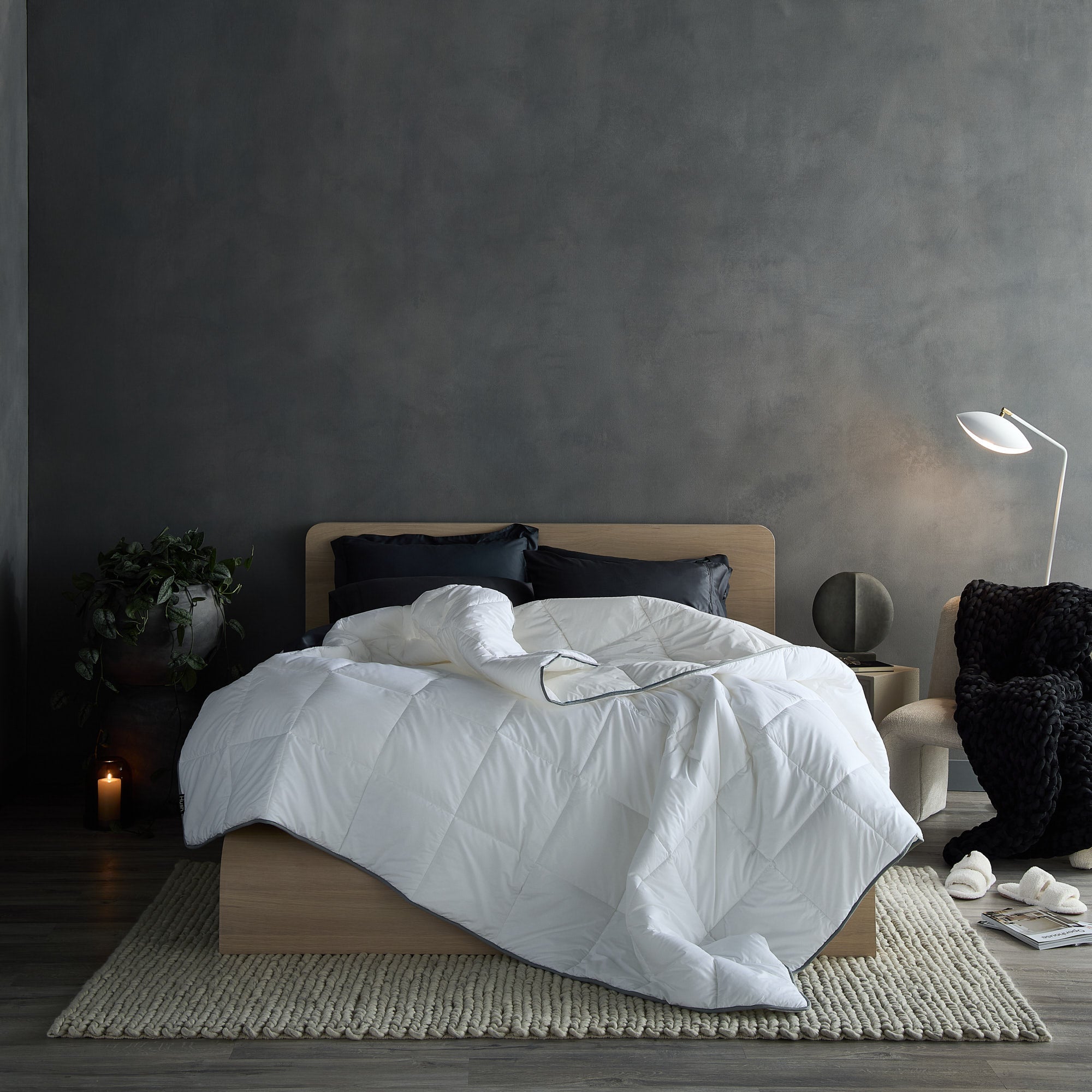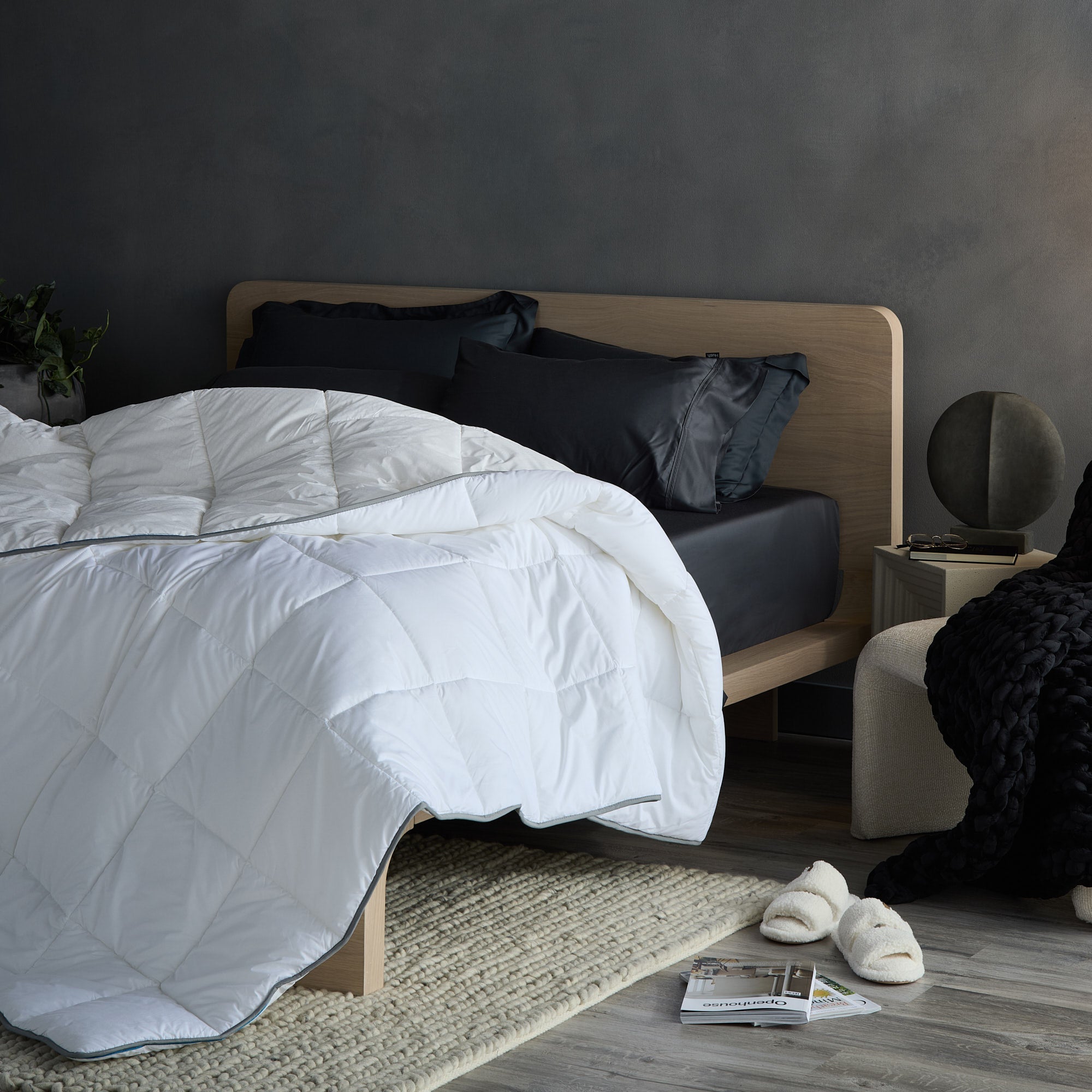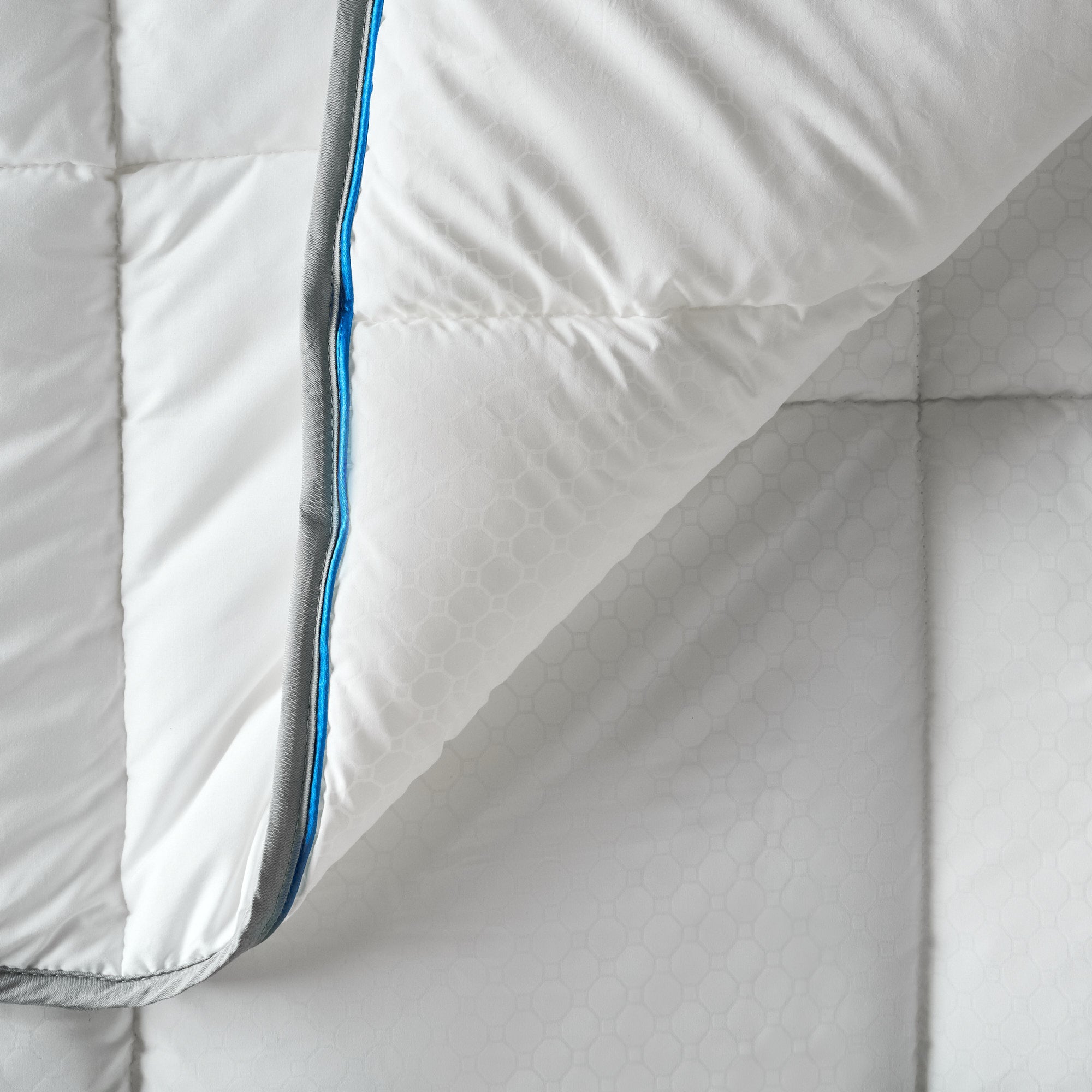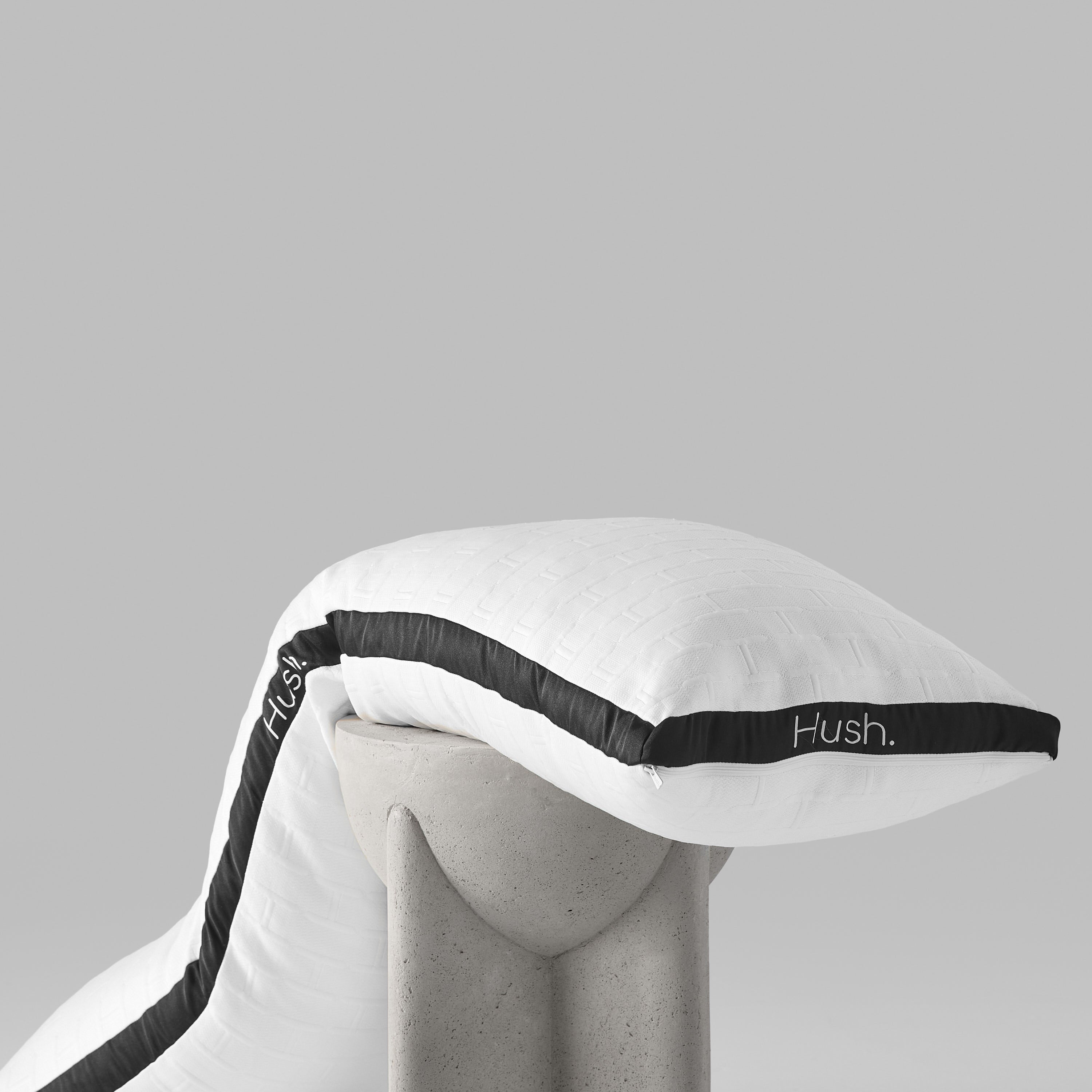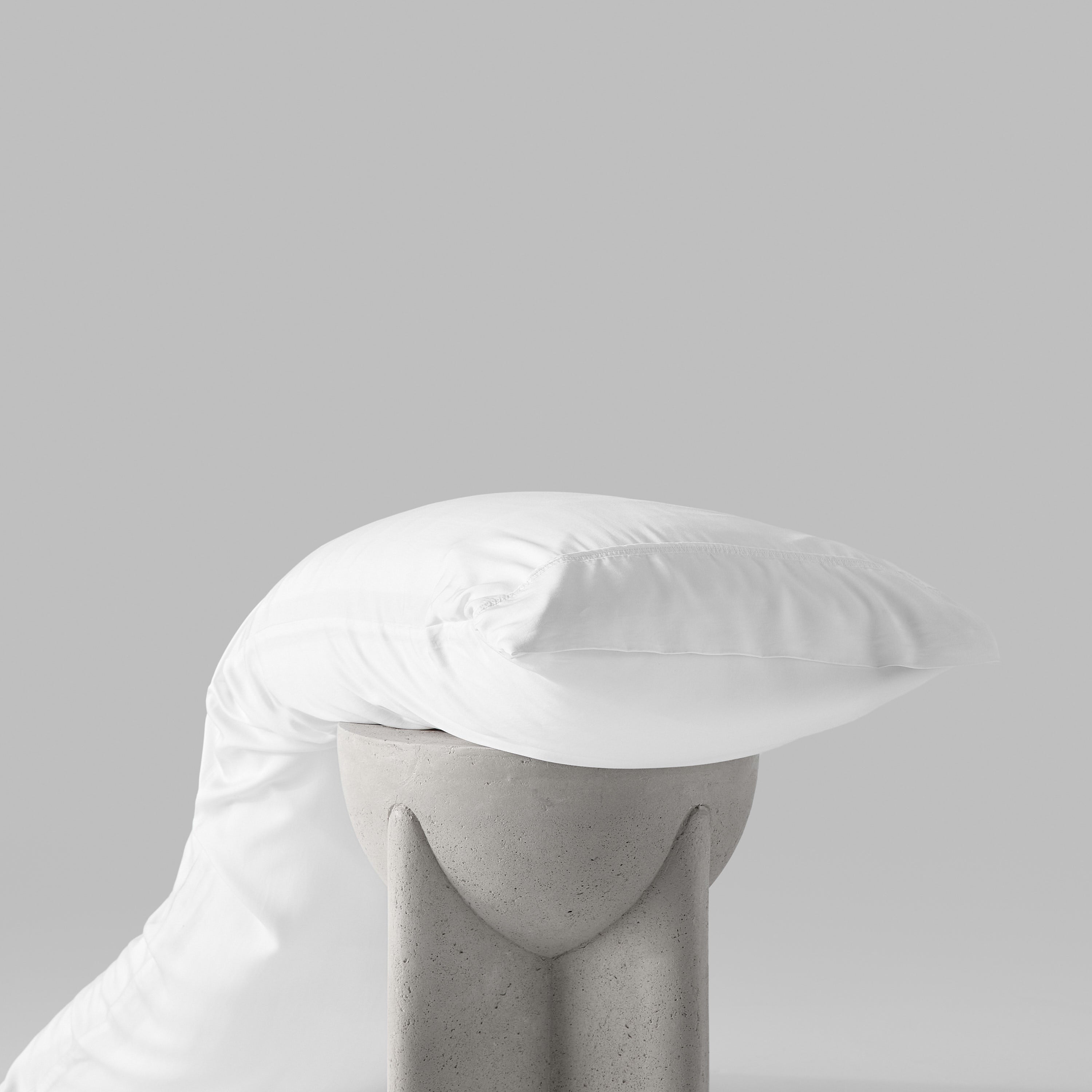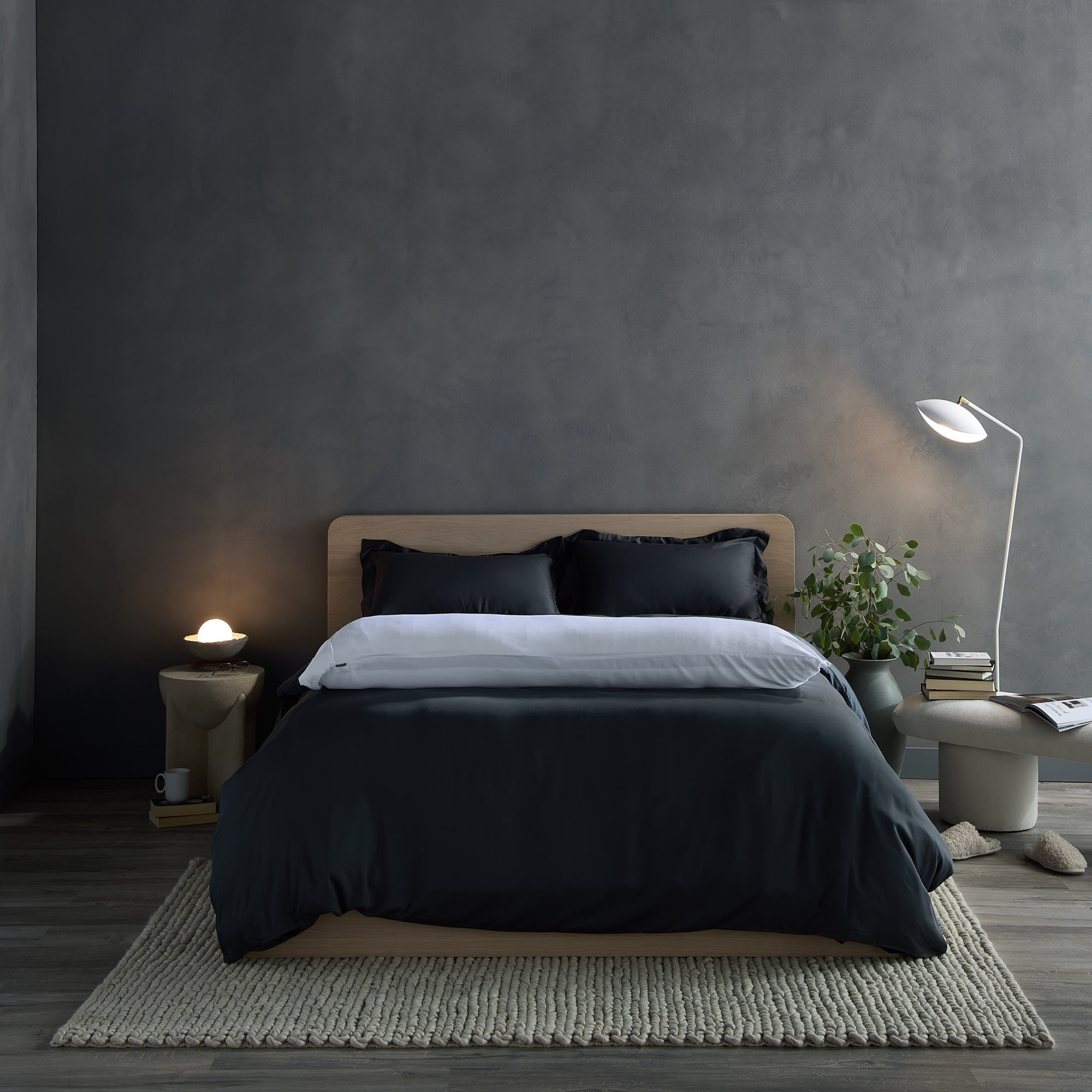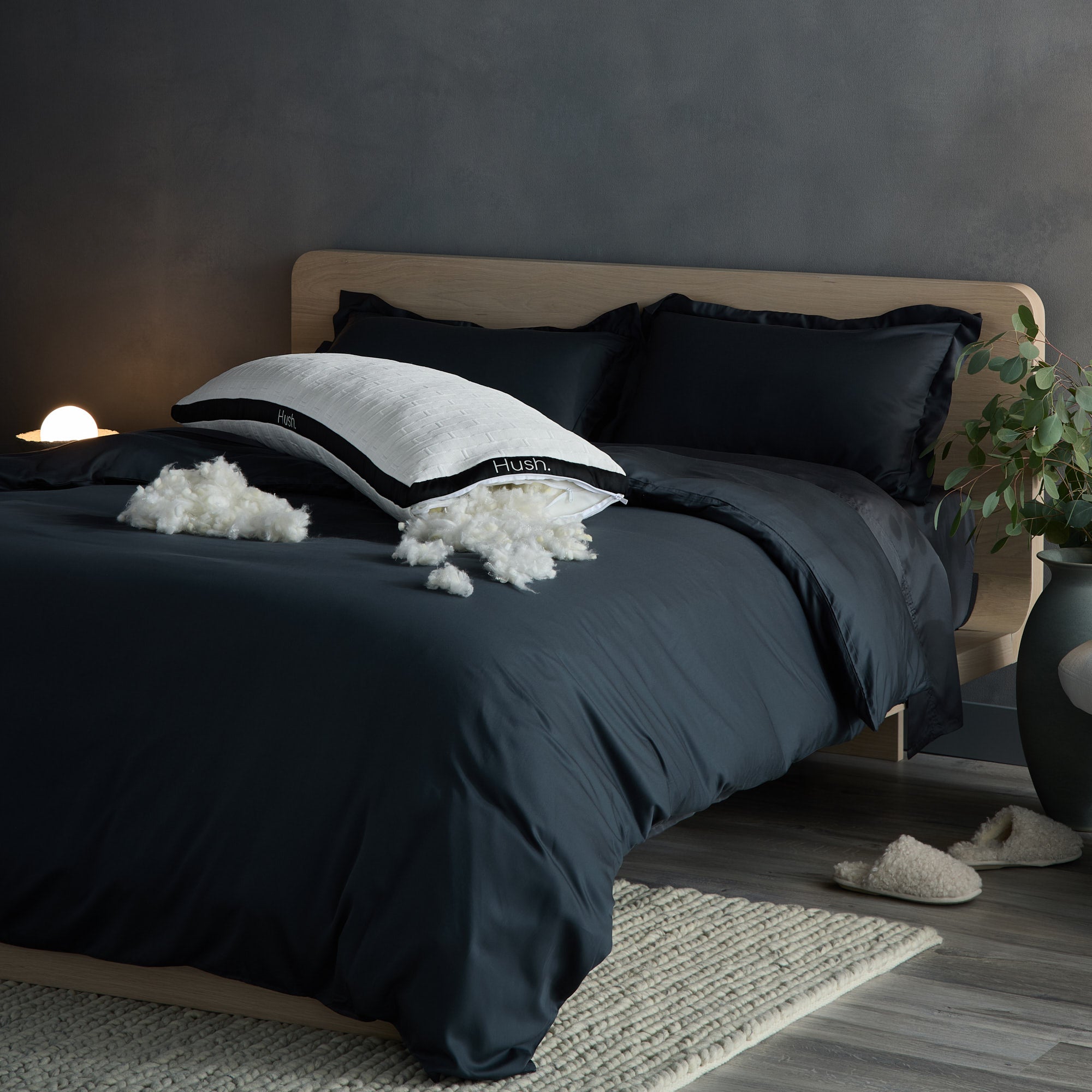
You know the saying, "The early bird gets the worm"? It turns out, there may be some truth to the phrase. Early morning risers seem to be more productive, physically healthy, and even successful.
But what if you're not a natural morning lark? What if you’re a night owl who prefers the midnight hours to sunrise?
Read on to learn how to become a morning person.
Can You Become a Morning Person?

One reason behind what times you tend to sleep and wake up is your chronotype — your natural tendency for sleeping times. Most people are in the middle, they wake up and get tired neither early or late. Some people, though, are just naturally early birds, and others are naturally night owls.
If you are a night owl and want to become an early bird, you can reset your body clock, train yourself to get up early, and create an early riser routine.
Benefits of Being a Morning Person

There are mental and physical benefits from learning how to become a morning person.
Early risers tend to:
- Get better grades
- Have a more positive view of life
- Be better problem solvers
- Stay more organized
- Have more uninterrupted time to work
- Get more quality time with family each evening
- Have a lower risk for depression and schizophrenia
Research shows there are also physical and other benefits associated with being an early riser. According to an article from Entrepreneur, early risers tend to:
- Make healthier food choices
- Take the time to exercise regularly
- Have more energy
- Develop more self-discipline
- Need less time to commute
People who wake up early tend to have more quiet time to work. Because of that, they can be productive and efficient. Plus, the high energy they feel at the beginning of the day helps them be more of a “go-getter.”
Now that you know getting up early can help you live your best life, let’s talk about how to become a morning person.
How to Become a Morning Person

With time and consistency, you can learn how to become a morning person. It may well be worth it too. According to a study published in Sleep Medicine, night owls who were able to shift their internal body clocks by two hours reported an increase in cognitive and physical ability during their day.
While the steps are simple, too many changes at once could be a lot for your circadian rhythm, and you won’t stick with them. Instead, try making just one or two of these changes for a couple of days. When those become easy, or at least, not as painful, add another change or two.
- Get up earlier: If you typically wake at 9 am and want to learn to wake at 6 am, a drastic shift in your wake up time could mean waking in the middle of a sleep cycle so you’re left with constant grogginess during the day. Instead, try making your wake up time 15 minutes earlier every several days. The slower transition will help your body make the changes more naturally.
- Morning natural light: Light exposure helps retune your body clock so you sleep better at night. The light signals to your body when it should start producing melatonin according to the CDC. (Melatonin is the hormone that causes sleepiness.) The bright light means you'll start feeling sleepier earlier in the evening. Morning light also helps you feel more awake, so it is a good way to double-down on becoming a morning person.
- Drink coffee: A cup of coffee can help you feel more awake first thing in the morning, which may help you stick to your new sleep schedule. Just enjoy it in moderation.
- Make mornings happy: If quietly reading the news feels good to you, great! Do that. If you need to have a quick dance party, do that instead! Feeling happy in the morning will help you learn to associate that time of day with awakeness. Since you want to be happy, you start to look forward to waking up early so you can enjoy your mornings.
- Trick yourself: Some people can turn off their alarm clocks and go back to sleep without even fully waking. If you're one of those people, you may need to move your alarm further from your bed. When you walk to turn it off, you may wake up enough to actually stay awake.
- Do not snooze: Seriously. Don't hit the snooze button. Hitting snooze for extra time asleep could disrupt your wake cycle, leaving you feeling sleepy all day.
- Be active: A morning workout helps you become a morning person because it jump-starts your energy. You get a rush of endorphins from exercise. Plus, exercising can lead to making better choices throughout the day. You’ve done something good for yourself, which gives you momentum to other good things, so you'll be less likely to stay up late binging on Netflix.
- Be consistent: It can be tempting to sleep in on the weekends, but this can make it harder to change your internal clock. When you sleep in too much, you can disrupt your sleep cycles and struggle to get a good night's sleep the night after you’ve slept in..
- Start a bedtime routine: We are creatures of habit. When we create and use a bedtime routine, we help our minds and bodies learn when to feel sleepy. Make sure your routine cuts the blue artificial light from electronic devices, which can make you feel more awake. Your routine should also help you feel calm and relaxed. Activities like sipping herbal teas, journaling, meditating, and reading for pleasure can help slow your body and mind and get you ready for sleep.
- Go to bed earlier: This tip may seem like a no-brainer, but it is important. When you turn the lights out earlier, you give yourself time to get enough sleep. That way, when your alarm goes off the next morning, you actually feel rested.
- Get better sleep: It's important to get enough sleep, but it’s also important to get good quality sleep. To help improve sleep quality, set the temperature of your room to be between 66 and 70 degrees Fahrenheit. Since our bodies are biologically primed to cool when we’re tired, most people find it easier to fall asleep and stay asleep when the room is cooler. Plus, it makes snuggling under the blankets more cozy. Also eliminate or block disrupting sounds. Put your phone on silent and try a white noise machine if you live someplace with ambient night noise.
- Use a weighted blanket: To help you get deep, restful sleep each night, consider using a weighted blanket. A weighted blanket can slow your breathing and heart rate, which causes you to release serotonin, a hormone that helps you feel relaxed and calm. That relaxed, calm feeling gives you a better sense of well-being at night so you feel great the next day.
While these strategies can help many people find better, more restful sleep, they won’t work for everyone. If you have difficulty sleeping or staying asleep, make sure you talk with your doctor to find out if you have an underlying condition that prevents you from sleeping well.
Get Ready to Slay the Day

If you want to learn how to become a morning person, start with small, actionable steps, like getting morning light and having a solid nighttime routine.

